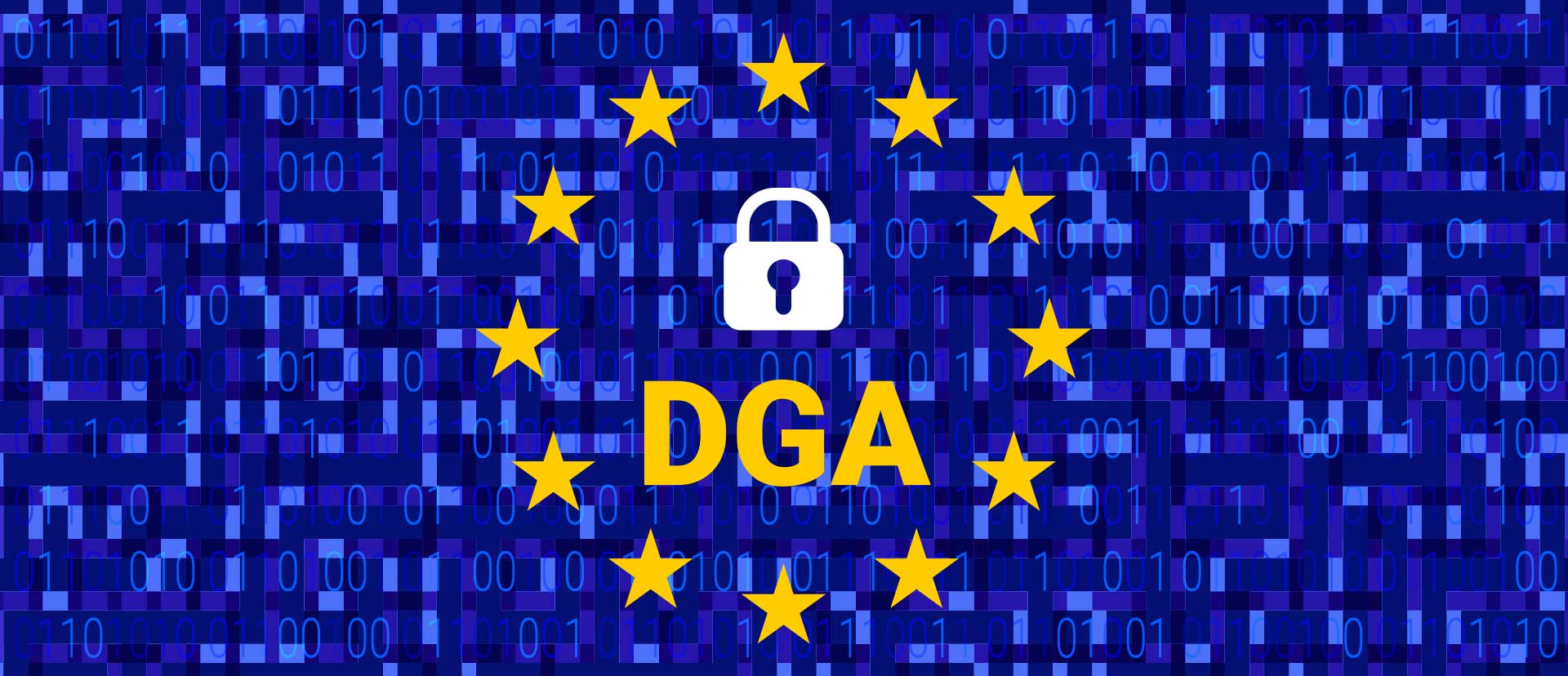Large amounts of data are the core of the digital transformation. According to current estimates, the global volume of data will increase by 530 percent between 2018 and 2025. This includes not only personal data, but also and in particular non-personal data, for example from industrially deployed sensors which constantly capture production data. The European Union has recognized the potential of these – today largely untapped – data sources and is striving to promote the exploitation of this data on the one hand and to uphold European values and principles, in particular data protection and fair competition, on the other. To this end, a number of data-related measures are to be adopted as part of the European Strategy for Data. The most developed measure to date is the Data Governance Act (“DGA”), which is about to be implemented by the European Parliament. The DGA is intended to create fundamental framework conditions for the European single market for data and to strengthen trust in certain key players in order to facilitate and boost cross-sector data sharing between companies, consumers and public bodies. Consequently, the topics addressed by the DGA are diverse, including the re-use of data held by public sector bodies, data intermediation services, data altruism, and the creation of a European Data Innovation Board. It is therefore worth taking a closer look at the final draft and having an initial assessment of the proposed measures.
By Dr. Paul Voigt &
...THIS ARTICLE IS NOT AVAILABLE FOR IP ADDRESS 216.73.216.89
Please verify email or join us
to access premium content!

